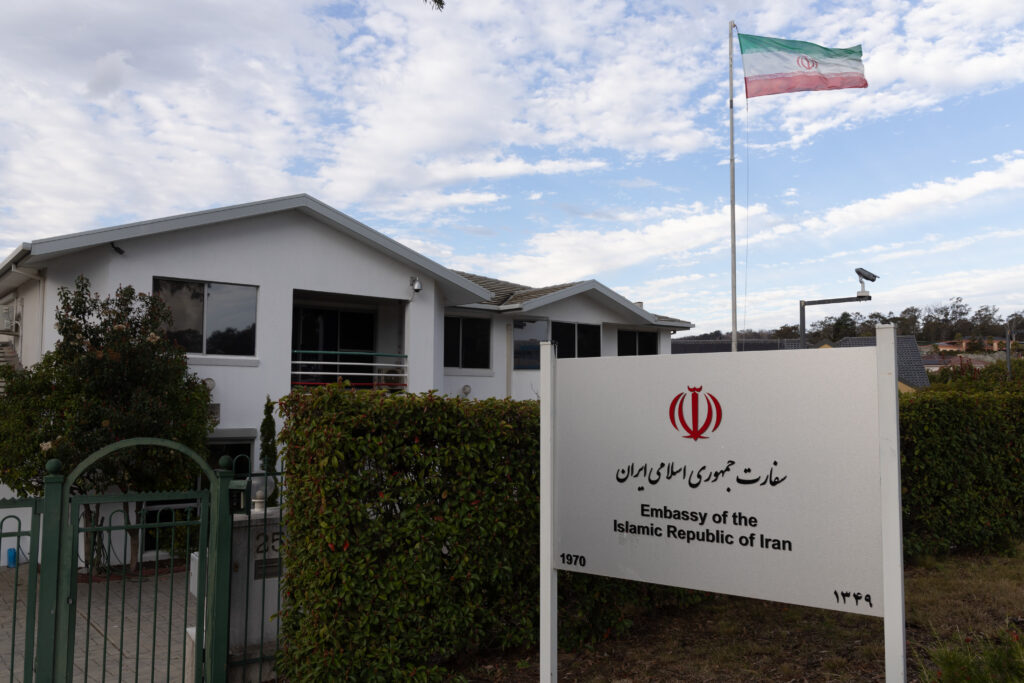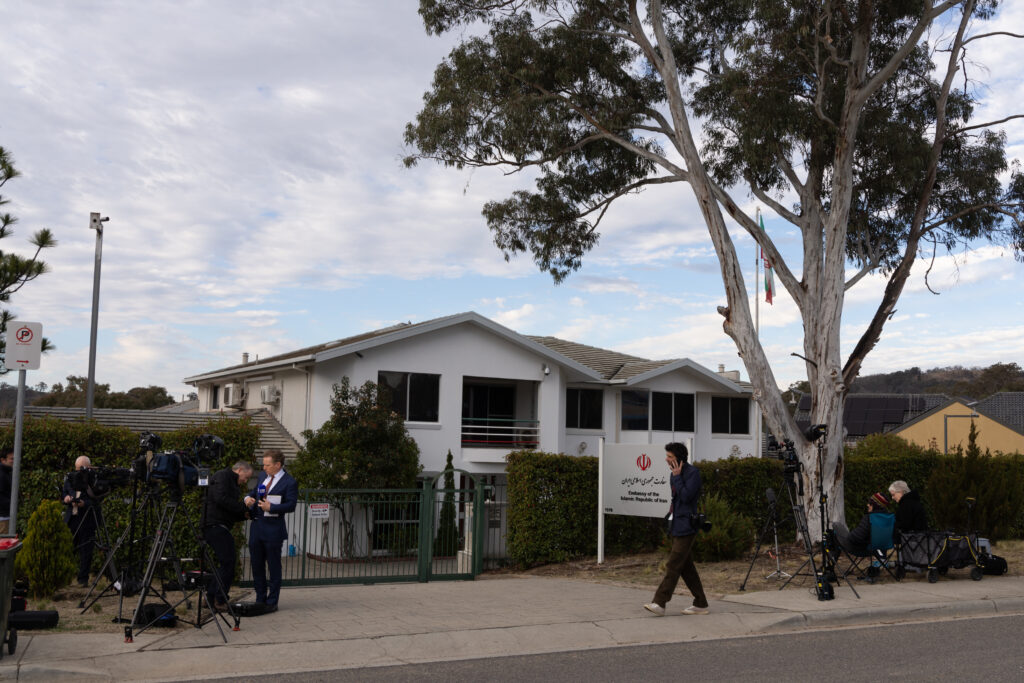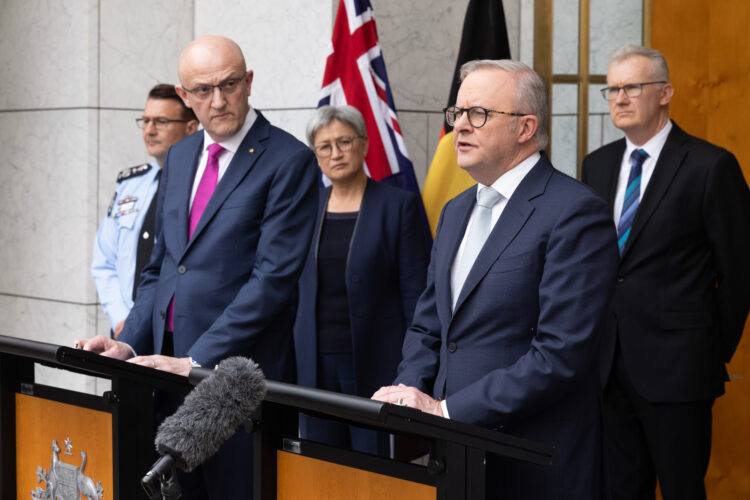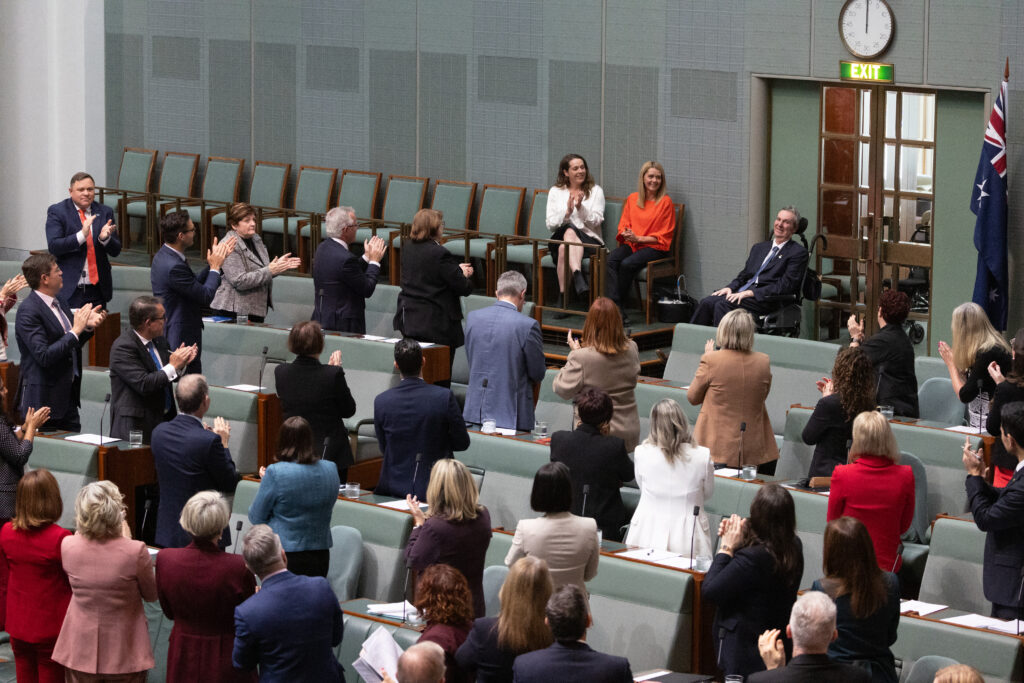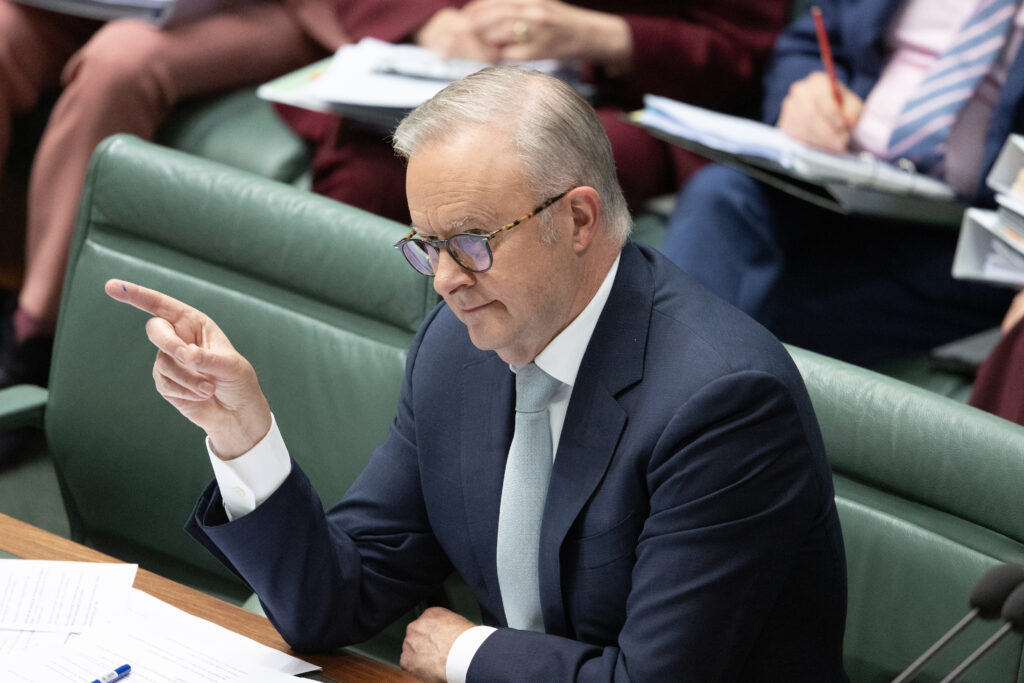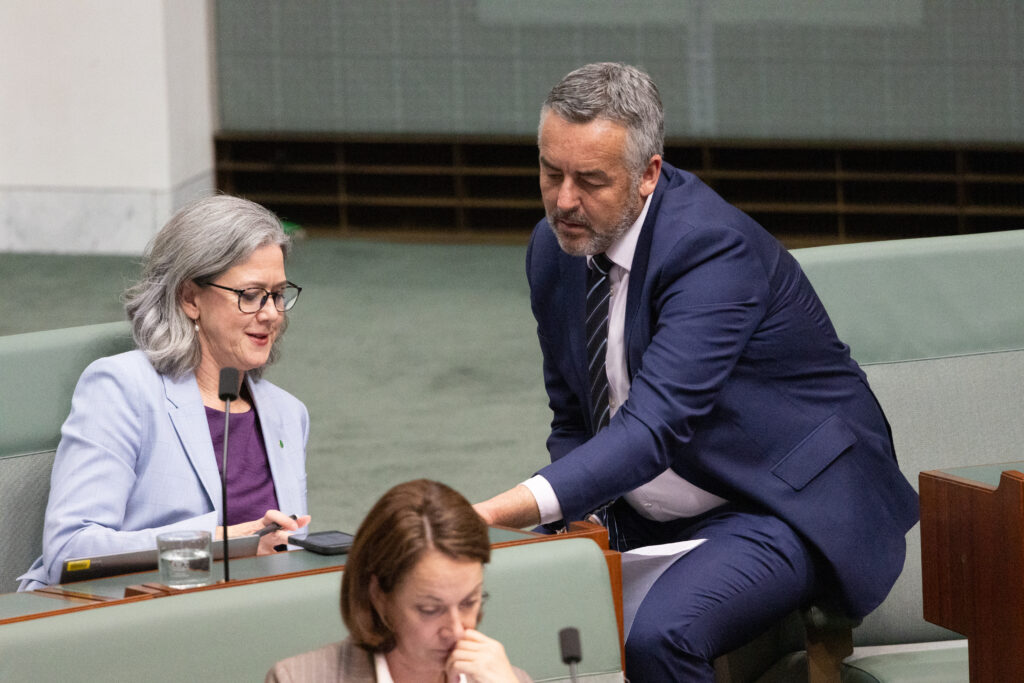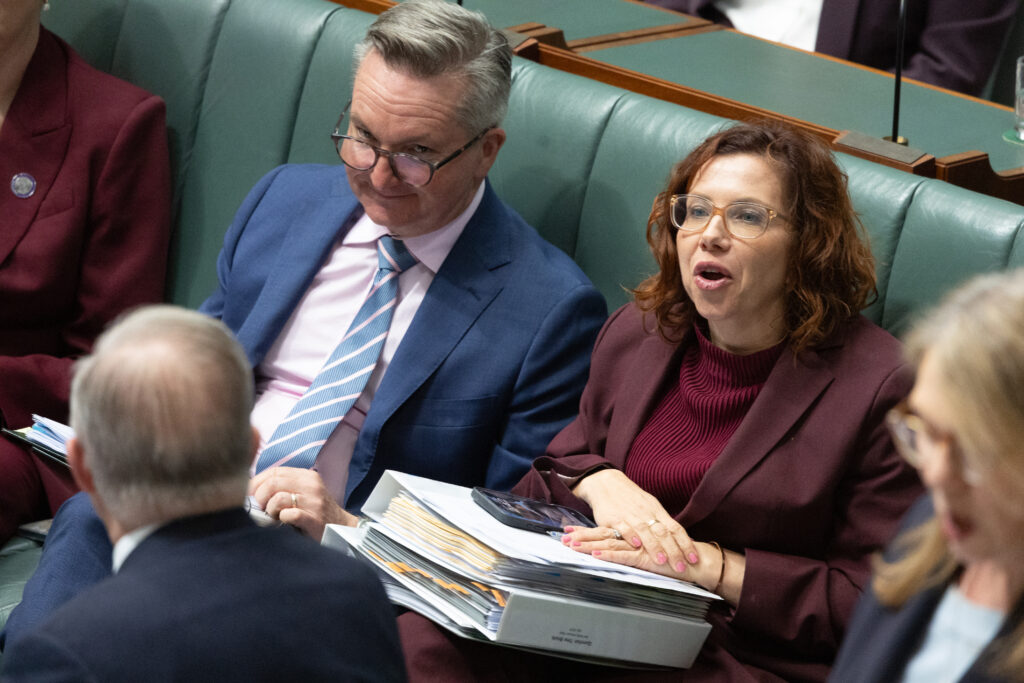The Coalition’s party room climate spat has been covered by Kat Wong from AAP here:
A coalition quarrel over emissions reduction has been labelled a “collegiate discussion” by the opposition leader, while the party’s climate stance continues to unravel.
During a partyroom meeting on Tuesday, a group of coalition MPs called for a position on a 2035 emissions reduction target, a day after a Nationals push to scrap Australia’s net zero emissions goal returned to parliament.
The development highlights the deepening schisms between the coalition’s more conservative members, who back efforts to repeal the target, and moderate Liberals, who believe it must be retained to show the opposition is taking climate change seriously.
But Opposition Leader Sussan Ley insisted she would continue to welcome a “diversity of views”.
“I can 100 per cent guarantee that it was a collegiate discussion,” she told reporters in Canberra.
“We do need to take the time to get our energy policy right.
“I acknowledge that there is a diversity of views, and I respect them all – we will bring them all together.”
Asked if the opposition would hold a partyroom debate on emissions reduction targets, similar to that held on same-sex marriage in the 2010s, Ms Ley said she was “sure the opportunity and circumstances will deliver exactly that”.
The coalition has set up an energy working group that will decide on its policy, but the opposition leader said it must guarantee affordable power for households and families and ensure Australia plays its role in reducing emissions.
Liberal backbencher Simon Kennedy dismissed Labor’s net zero commitment as a “slogan” and not a policy.
But Prime Minister Anthony Albanese hit back during his own partyroom meeting.
“You only reject net zero if you think climate change isn’t real,” he told the caucus.
The Climate Change Authority, which advises the government, is preparing advice on a 2035 emissions target between 65 and 75 per cent as Labor prepares to set its goal.
Analysis from Deloitte Access Economics has revealed a stronger 75 per cent target would offer comparatively “huge” benefits.
“Australia is in a race to secure the global capital required to establish green industries,” Deloitte Access Economics lead partner Pradeep Philip said.
“Setting a lower target today comes at the cost of lower business investment.
“Achieving a strong target creates the foundation for Australia’s economy to grow and compete in a decarbonised world.”
Under a 75 per cent emissions reduction goal, Australia’s GDP would be $370 billion greater by 2035 compared to current projections.
About 69,000 additional jobs would be supported each year over the next decade through the 75 per cent target, and it would drive $190 billion more in export revenue.
More than 350 businesses including Atlassian, IKEA, Ben & Jerry’s and Canva have signed an open letter urging the government to commit to at least a 75 per cent goal.
Data released by Climate Change Minister Chris Bowen found Australia is tracking well to meet its 2030 goal to reduce greenhouse gas emissions by 43 per cent from 2005 levels.
Emissions have fallen by 1.4 per cent in the year to March 2025, meaning about 440.2 million tonnes were released in that period – about 28 per cent below 2005 levels
Labor is expected to set its 2035 target in the coming months, with more information to be revealed in September.
“We do want to have ambitious targets to make sure that we secure that energy transition that will deliver the cheaper and cleaner energy that our industry needs and that all Australians need,” Environment Minister Murray Watt told Sky News.
“Having those targets is a really key.”
The Greens have urged Labor to go further and implement a net zero by 2035 target.
“Net zero by 2035 is what the science tells us we need to keep warming at manageable levels … anything above that will be a green light for yet more damage to our communities and to nature,” Greens leader Larissa Waters told reporters.
